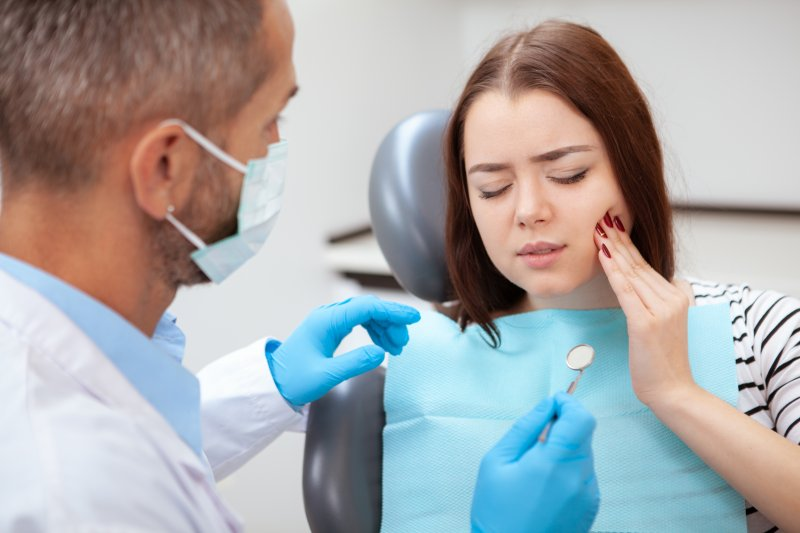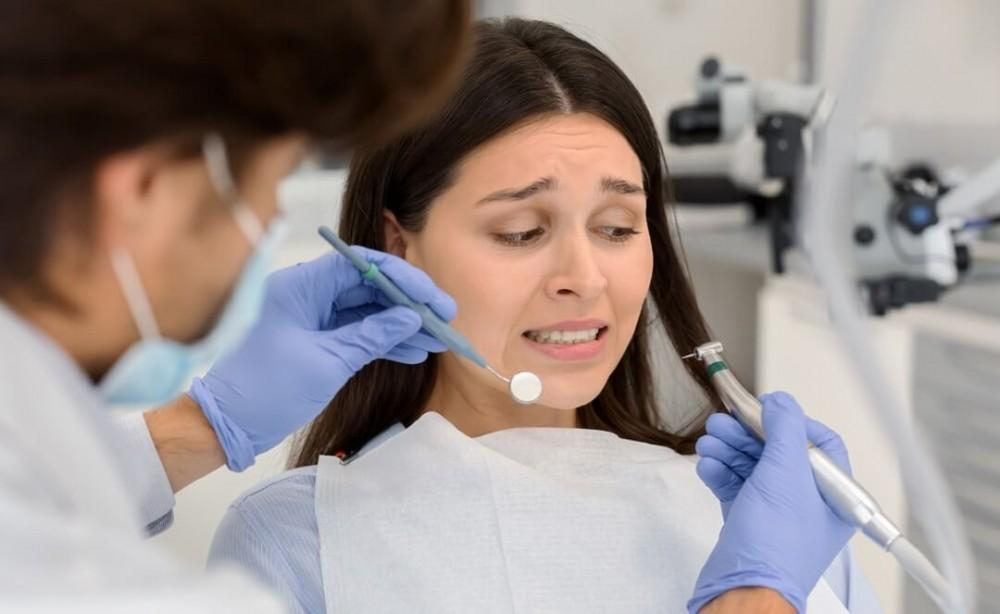Dental emergencies can strike at any moment, causing excruciating pain and distress. Knowing when to seek immediate treatment from an
emergency dentist can make all the difference in preserving your oral health and preventing further complications. This article serves as your comprehensive guide to recognizing dental emergencies and finding the right care when you need it the most.
Recognizing Dental Emergencies
Dental emergencies can range from sudden injuries to persistent and severe oral issues. Here are some scenarios that warrant immediate attention from an emergency dentist:
Severe Toothache: If you experience a sudden, intense toothache, it might be a sign of an infection or a damaged tooth. Ignoring this pain could lead to serious complications, so seeking prompt dental care is essential.
Knocked-Out Tooth: Accidents can happen, and if you knock out a tooth due to a fall or impact, you need to act fast. Keep the tooth moist and visit an emergency dentist within an hour for the best chance of saving the tooth.
Broken or Chipped Tooth: A fractured tooth can expose the inner nerves, leading to extreme pain and vulnerability to infection. Immediate treatment can help prevent further damage and discomfort.
Lost Dental Filling or Crown: A lost filling or crown can leave your tooth exposed and sensitive. Ignoring it could lead to increased sensitivity and potential complications. Seek emergency dental care to restore the protective barrier.
Abscess or Infection: Swelling, pain, and fever might indicate an abscess or infection. These conditions can spread rapidly, causing serious health issues if left untreated. Consult an emergency dentist to prevent the infection from worsening.
When to Seek Treatment
Understanding the urgency of your dental situation is crucial. Here's a simple guideline to help you decide when to seek emergency dental care:
Immediate Attention: If you're experiencing intense pain, excessive bleeding, a knocked-out tooth, or a visibly broken tooth, don't hesitate – seek an emergency dentist immediately. Time is of the essence in these situations.
Urgent Care: Issues like a lost filling, a chipped tooth without severe pain, or a mild toothache can usually wait for a regular dental appointment. However, seeking treatment within a day or two is recommended to prevent complications.
Scheduled Visit: If you have discomfort or a minor issue that isn't causing severe pain or hindering your daily life, you can schedule a regular dental visit.
Finding the Right Emergency Dentist
When faced with a dental emergency, finding the right dentist can be challenging amidst the panic. Here's how you can locate a reliable emergency dentist:
Research Ahead: Don't wait until an emergency strikes to look for a dentist. Research emergency dental clinics in your area beforehand, read reviews, and check their operating hours.
Ask Your Dentist: Your regular dentist might provide emergency services or recommend a trusted colleague who does. Keep their contact information handy.
Local Hospitals: In some cases, hospitals have dentists on call for emergencies. Call your local hospital's emergency department to inquire about their dental services.
Online Directories: Utilize online directories that list emergency dental clinics and their contact information. These directories often include patient reviews, helping you make an informed choice.
In conclusion, dental emergencies can be distressing, but knowing when to seek immediate treatment and how to find the right emergency dentist can make a significant difference in preserving your oral health.
Other recommended posts






Comments
Post a Comment